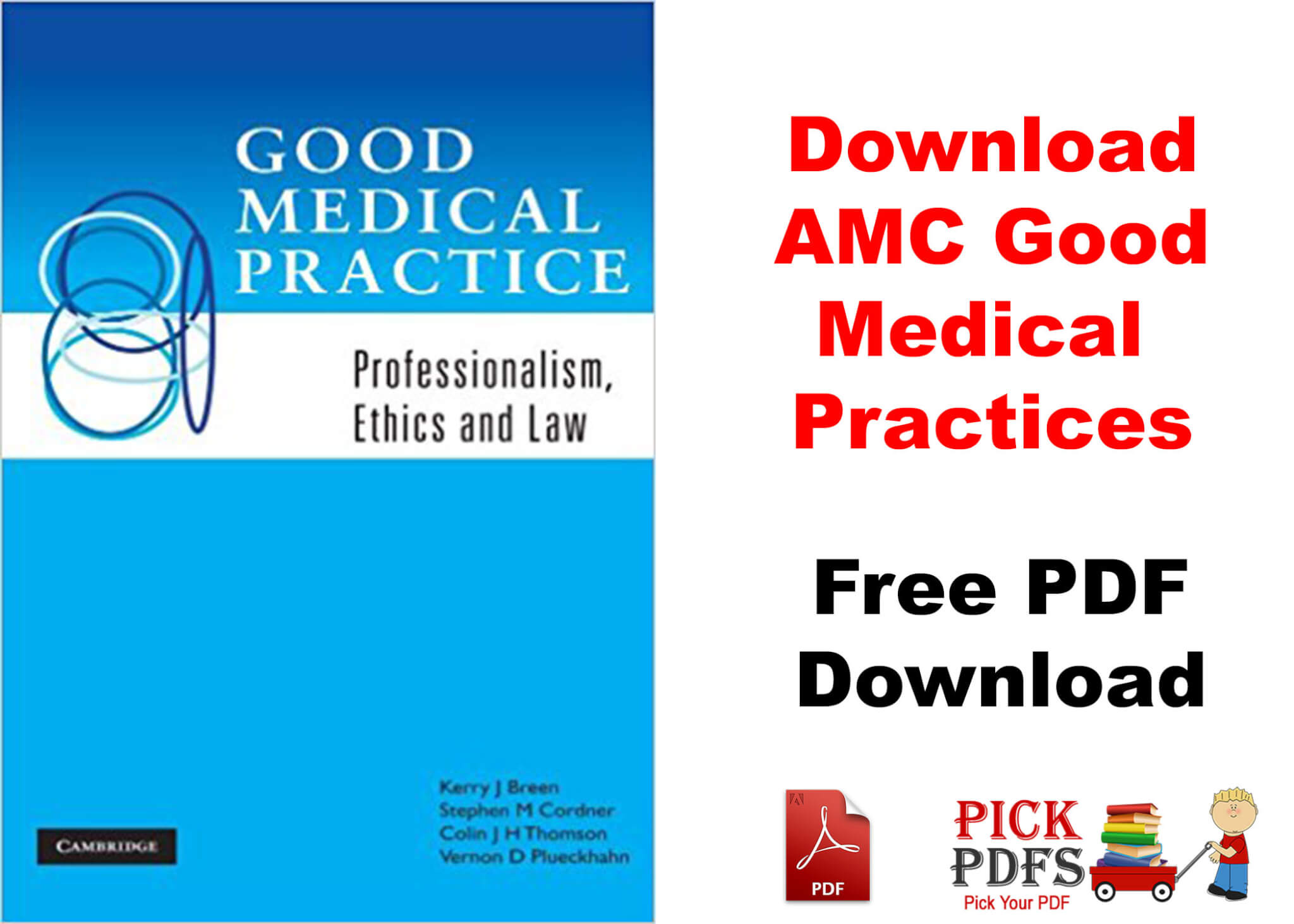Preface
The primary purpose of this book is to provide in a single accessible format information central to the professional, ethical and legal requirements of being a doctor. It covers a core curriculum for medical students who must obtain a grounding in the elements of what constitutes being a medical professional [1–2]. The same material is essential for doctors in training and for international medical graduates coming to work in Australia. This book should be a useful and readily accessible starting point for busy doctors looking for answers to issues as they arise in practice. This edition brings together updated material generally not found in textbooks of clinical medicine. Although most doctors are now equipped to seek information electronically, this can take time as information is not accessed readily or integrated at a single source, may not be relevant to the local setting and may not be quality controlled.
Since the 1997 edition of our book [3] there have been significant developments in regard to the importance of professionalism. Medical boards here and overseas have focused attention on the breadth of professional skills needed for good medical practice; indeed the UK General Medical Council’s primer for doctors is called just that, Good Medical Practice [4]. More recently, medical indemnity organisations and health-care institutions have been active in promoting good professional attitudes and behaviour, under the banner of ‘risk management’, to reduce the risk of adverse outcomes.
Australian medical colleges have agreed to have their education and training programs accredited by the Australian Medical Council (AMC) and this has resulted in a greater emphasis on professionalism and ethics for specialists in training. The AMC clinical examination for international medical graduates now specifically addresses professional attitudes.
At its core, medicine remains the delivery of care to people who are unwell and are seeking help. The effective and compassionate practice of medicine requires a combination of medical knowledge, clinical competence, and sound professional attitudes and skills. In the distant past, professional attitudes and skills were known as a ‘good bedside manner’ and were not taught formally. It was assumed that young doctors would somehow acquire such skills, perhaps by observation and experience. In Australia, since the 1988 Doherty Report [5], the medical profession, especially those sections responsible for the basic medical education, has identified professional skills as something that can and must be taught.
‘Professionalism’ is a convenient shorthand term to describe the professional attributes required (over and beyond simply having adequate knowledge of medicine and adequate procedural ability) for effective medical practice that the community can trust. Professionalism covers a wide range of elements, including good communication skills, an empathetic attitude, the virtues of self-reflection, truthfulness and dependability, cultural awareness in our multicultural society and awareness of responsibilities arising under relevant laws pertaining to medical practice. Above all it covers an assumption that a person wishing to practice medicine effectively will bring positive attitudes to all the roles involved in being a doctor. Used in this way, the term ‘professionalism’ is consistent with the focus of the Victorian Professional Practice Program, which in 1991 and 1992 was the basis of an early version of this book [6].
Many new influences have been brought to bear on the doctor–patient relationship, including community expectation of excellent outcomes of all interventions, a changing legal interpretation of medical negligence, the conundrums of infinite need versus finite resources, awareness of preventable adverse events, commercialisation and corporatisation of medicine, a patchwork of federal and state privacy laws, additional forms of accountability for doctors with closer scrutiny of professional performance, alertness to doctors’ ill health leading to impairment, and demands for programs of maintenance of professional standards. Despite these influences, the practice of clinical medicine remains very rewarding. As this book unfolds, we hope the reader will recognise that meeting the professional, ethical and legal requirements of medical practice, while demanding, is consistent with approaches competent doctors have used to provide effective and appreciated service for patients over many years. Primary features of such practice remain respect for patients, the personal integrity of the doctor and good communication.
Our approach in this book remains essentially pragmatic. While the text necessarily explores the underpinning themes of ethical theory and medical law, and addresses topical issues such as euthanasia and abortion, it does not probe the ethical or legal detail. Our fundamental aim is to provide core information for medical students and doctors in training, and to guide medical practitioners who are faced in their daily work with practical problems in consultation with their patients. While every care has been taken to strive to be accurate and up to date, the reader should not rely on this book as a source of legal advice. There now exist in Australia several excellent texts on ethics in health care, and on medical law, which are recommended where relevant, and ample references and suggested additional reading are provided for readers who wish to explore any topic in more depth.
Disclaimer:
This site complies with DMCA Digital Copyright Laws. Please bear in mind that we do not own copyrights to this book/software. We’re sharing this with our audience ONLY for educational purposes and we highly encourage our visitors to purchase the original licensed software/Books. If someone with copyrights wants us to remove this software/Book, please contact us. immediately.
You may send an email to taimourdev@gmail.com for all DMCA / Removal Requests.
